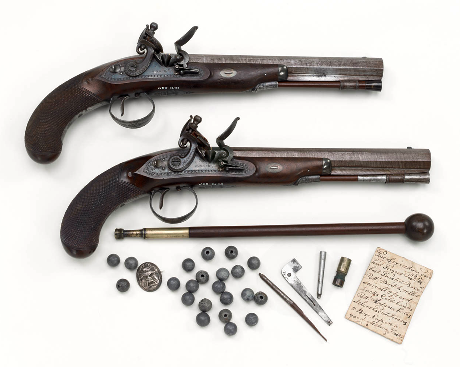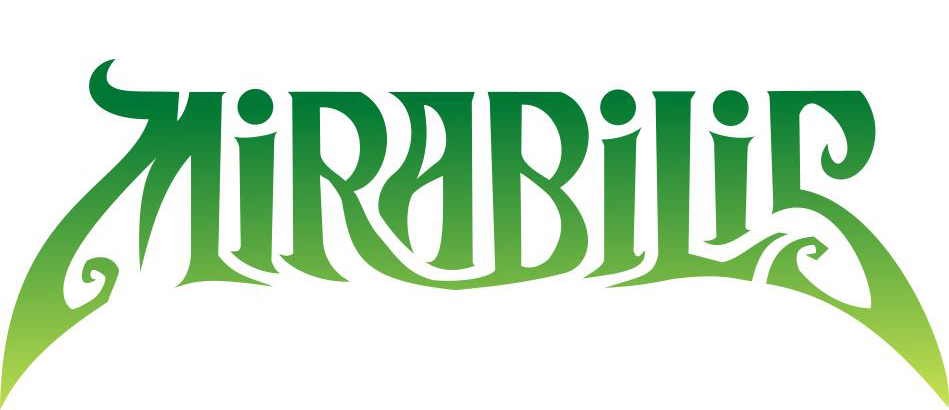Duels
"I'm unarmed. So go ahead, shoot."
If somebody throws his glove to the ground in front of you, or slaps you across the face with it, and you are a gentleman or a soldier, then keep a stiff upper lips and gird your loins. You have just been challenged to a duel.
The first step is to appoint your second. He needs to be somebody you can really trust, because he’s going to make all the arrangements for the duel on your behalf. The seconds decide on a time and place for the duel – usually dawn in a remote spot, because duelling is illegal and it wouldn’t do to have the whole business interrupted by the police. A doctor is often invited along as one of the referees. The seconds also agree on weapons and the limits of the duel – whether to first blood, death or some other restriction such as a single pistol shot by each party.
The purpose of duelling is to recover lost respect. The challenger typically believes himself to have been insulted or dishonoured by the other person. Hence the expression, ‘I demand satisfaction!’ Whoever wins, or even if the duel ends in a draw, participating in the duel is normally considered to bring an end to the matter.
The most famous duellists in history are Fournier and Dupont, officers in Napoleon’s army who fought more than thirty duels over a period of two decades. One of Fournier’s letters to Dupont reads: ‘My dear friend, I shall be in Strasbourg on November 5th. Wait for me at the Hôtel des Postes and we shall have a sword fight.’ Ridley Scott’s film The Duellists was based on their exploits.
